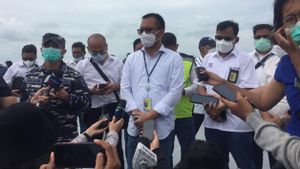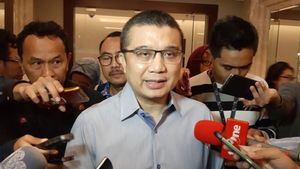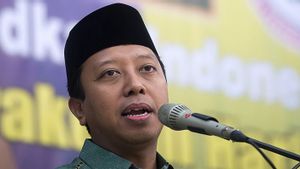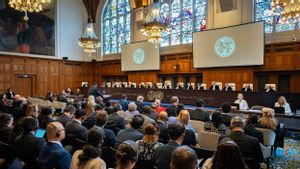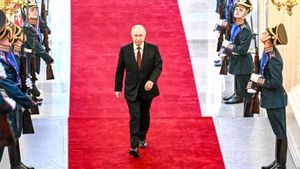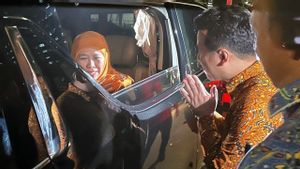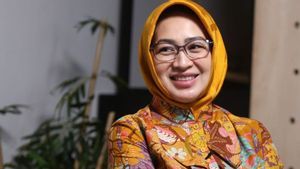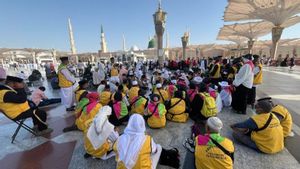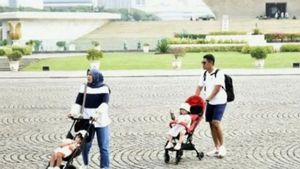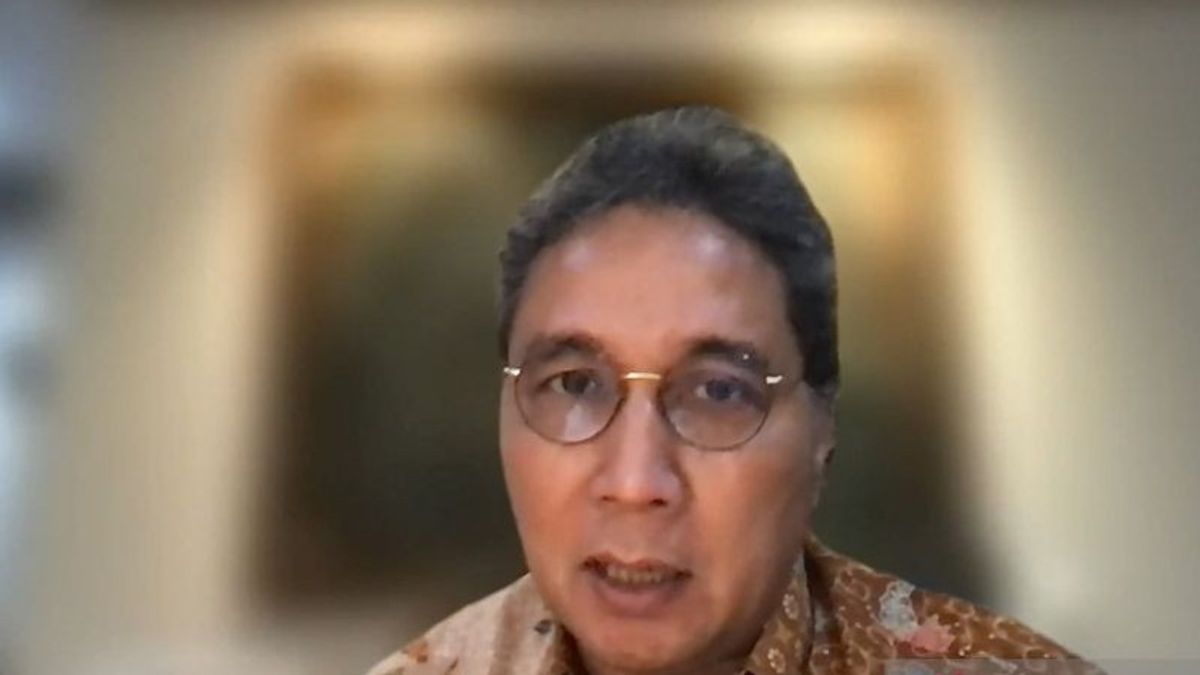
JAKARTA - The Ministry of Education, Culture, Research and Technology (Kemendikbudristek) stated that the COVID-19 pandemic some time ago was a good moment to preserve Borobudur Temple.
"When COVID-19 occurs in 2020-2021, we have the opportunity to limit (visit to Borobudur). But most importantly there is also time to examine the level of damage that occurs,” said Director General of Culture of the Ministry of Education and Culture Hilmar Farid at the Katadata Insight Center (KIC) Taklimat which was followed online in Jakarta, Antara, Thursday, June 15.
Hilmar said that the government had wanted to limit tourists for a long time so that tourists would not go up to each temple terrace as an effort to prolong the life of the temple and maintain it.
It's just that the right time has not been found to socialize it. It takes quite a long time, including how to dig deeper into other findings in the field.
With the COVID-19 pandemic, Hilmar admitted that he was quite helped because the government through his staff and experts could have time to strengthen the findings on Borobudur and provide candi time to rest.
There are also many stories from reliefs that can be studied more deeply to complement Indonesian cultural stories in the past.
Because prior to the restrictions, Borobudur, which became one of the tourist destinations and historical icons, had to be explored by thousands of people at the same time, on the grounds that he wanted to take pictures on each temple terrace or see reliefs on the wall.
Only after the restrictions are determined, only 1,200 people per day can go up to the temple, with a note being carried out alternately, namely 150 people per team.
"Actually, if we pay attention to it in many places in the world, not only in Indonesia, there are many important cultural heritages, especially with world heritage sites, they will definitely apply the same thing," he said.
Furthermore, Hilmar emphasized that there is a policy regarding restrictions on access to go up the terrace and the increase in ticket prices has been reviewed first based on evidence in the field, not on the request or hearing the perception of some people.
" “ Before making this policy, we also want to hear what kind of public perception is because the Director General of Culture works based on data, based on evidence in the field. So we can't make policies just because people say, based on the perception of some people, we want to make proof-based policies (which are good for the sustainability of Borobudur Temple in the future),” said Hilmar.
另请阅读:
The English, Chinese, Japanese, Arabic, and French versions are automatically generated by the AI. So there may still be inaccuracies in translating, please always see Indonesian as our main language. (system supported by DigitalSiber.id)



